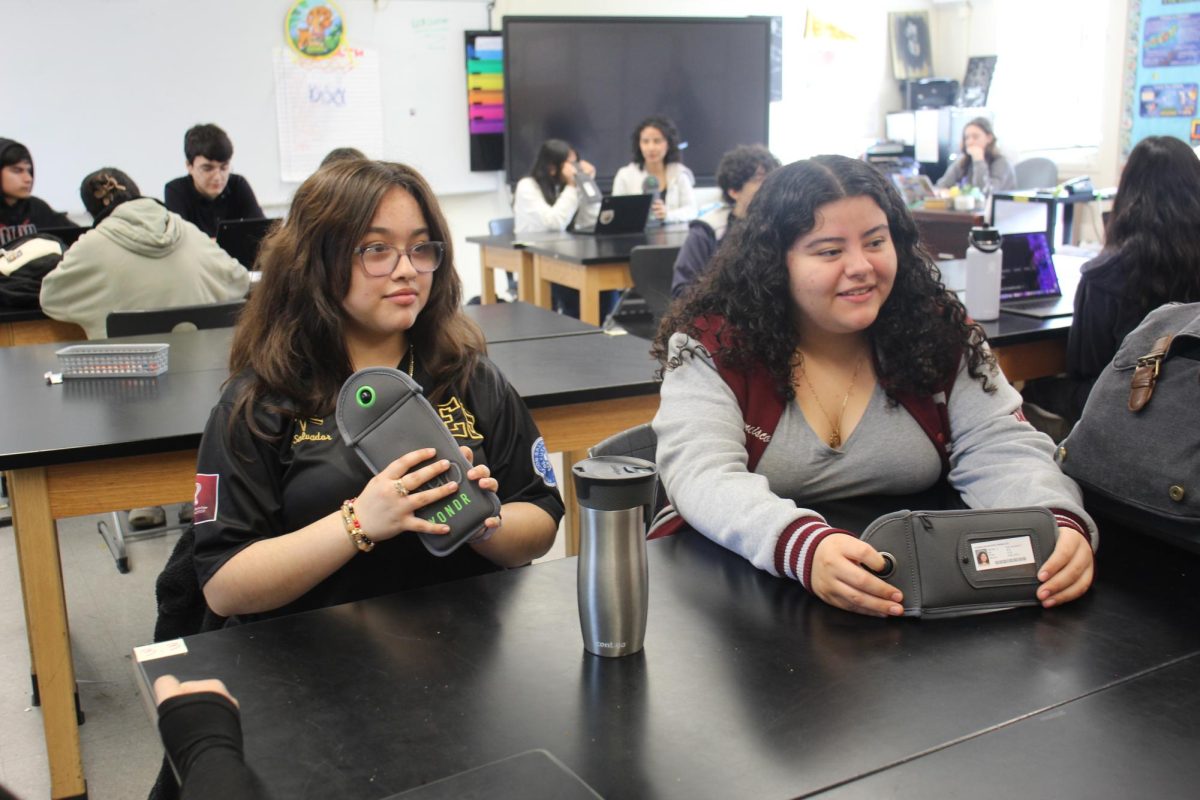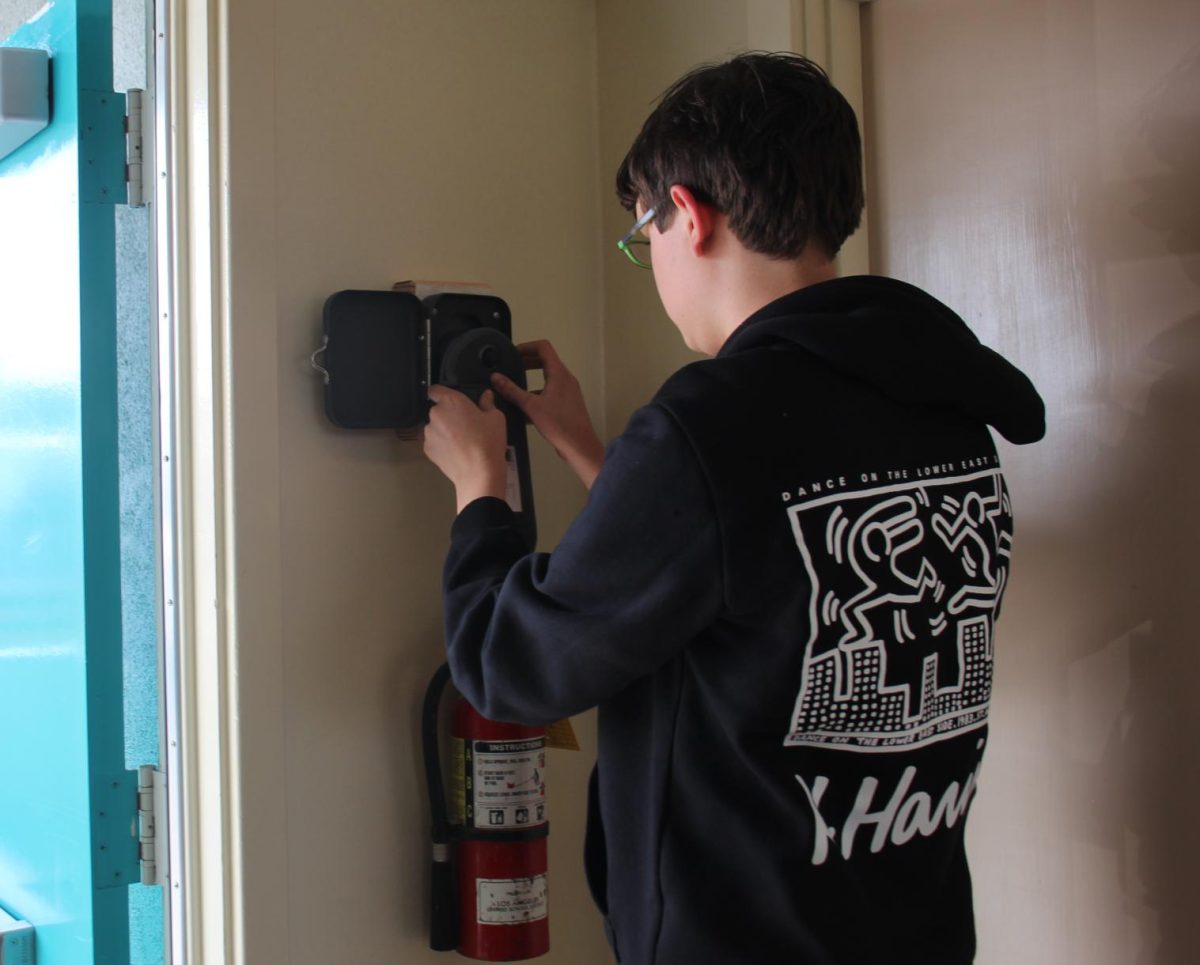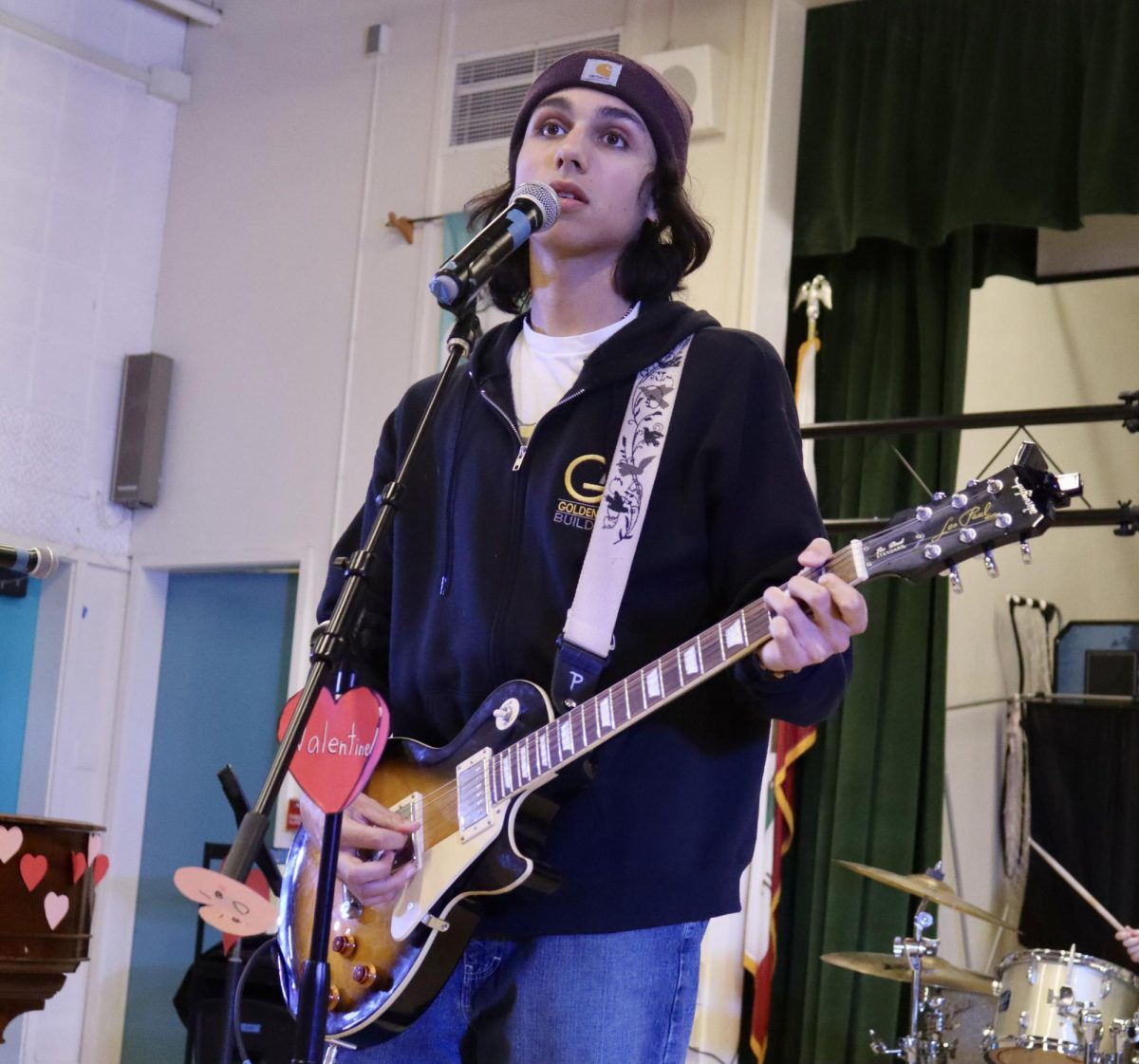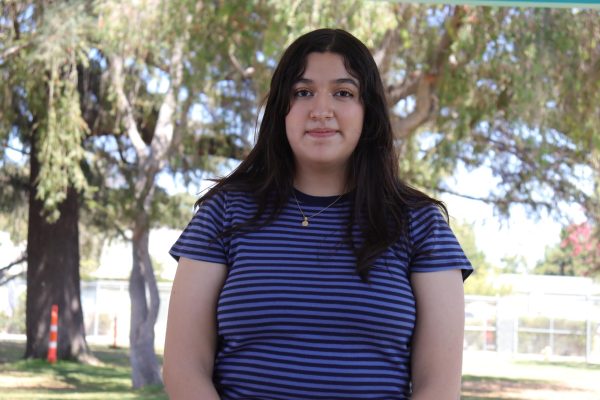Junior Guadalupe Martinez uses her phone to communicate with her parents and her friends. Maintaining this communication became much more difficult with the cellphone ban being implemented on Feb. 18.
“Sometimes I need to communicate with my parents to see whether they’re picking me up or not,” Martinez said. “I feel like it’s draining not having my cellphone.”
Martinez’s inability to use her phone at school is due to the Los Angeles Unified School District cellphone ban that went into effect districtwide on Feb. 18. LAUSD’s Board of Education voted in the summer of 2024 to direct schools to enforce the ban. The district is ahead of Assembly Bill 3216, signed by Gov. Gavin Newsom on Sept. 23, 2024, which requires all schools in California to implement cellphone bans by 2026 in an effort to improve student mental health and combat phone addiction.
“I don’t feel like everyone’s just going to magically become better students just because they can’t watch TikTok in class,” sophomore Ethan Sokol said. “I wasn’t the best student beforehand and I’m still not the best student.”
At Daniel Pearl Magnet High School, students are required to place their phones inside a Yondr pouch alongside personal devices that have similar functions as phones, such as smart watches, earbuds and smart glasses. There will be a designated unlocking station at the front office and another in the rear of the school.
“I do think there should be exceptions,” Martinez said. “I don’t think that the school sending out emails or phone calls to parents during emergencies is really going to do anything. Sometimes people have to contact their parents and maybe the office doing that wouldn’t be fast enough.”
Students must lock their phones the moment they enter the school building. However, if students are outside the main building, they are not required to place their phones in pouches. All phones must be put away by the first bell at 8:25 a.m. regardless of location. Students arriving at school from buses are given an exception to this rule due to the bus arriving at the back of the campus.
“What they’re doing to students is unacceptable,” senior Franklin Johnson said. “The thing is with phones, phone policies should have never happened if students would have focused more independently. They would have more ability to work and listen to instructions during class times.”
Some teachers will be granted unlocking stations for special circumstances. P.E. teacher Fernando Fernandez will unlock phones for students-athletes leaving for practice at Birmingham Community Charter High School. Journalism teacher Adriana Chavira has an unlocking station that will be used only when journalism students actively need their phones to report for their various student publications.
“There are certain things that journalists have to do and so forth,” Magnet Coordinator James Morrison said. “It’s modern technology, if used appropriately and effectively that will be functional. It would be easier to do this (interviewing) on a cellphone and so forth. We know people are going to push the limits, push the boundaries, but it’s also about bringing students back into their center of education.”

















